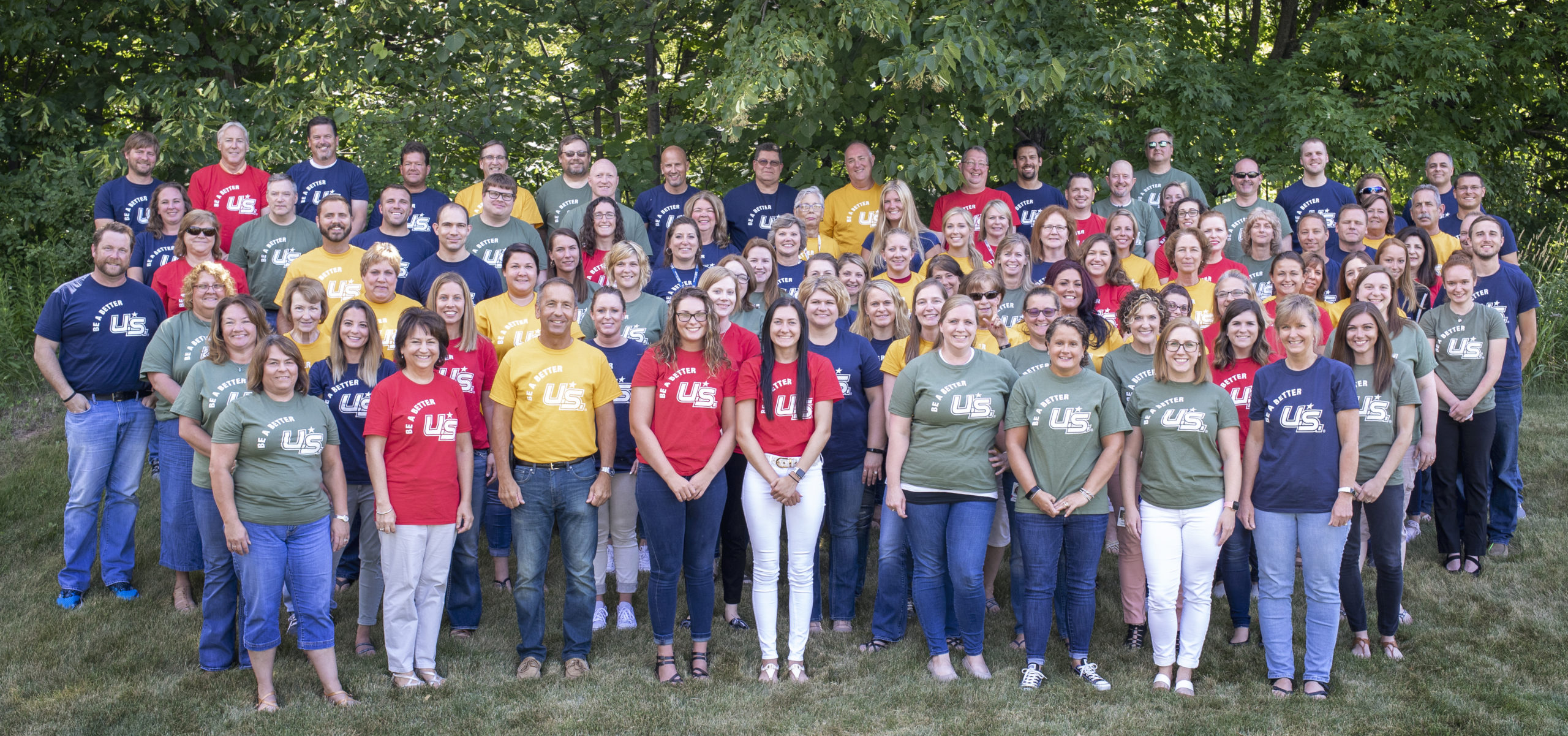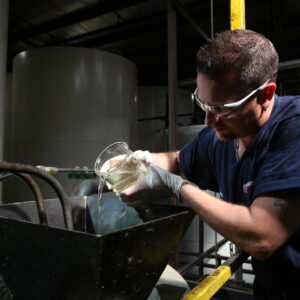You most likely have been experiencing the effects of a worker shortage and may have exhausted all ideas to attract top talent. Meanwhile, your youngest talent continues to enroll in universities and high-paying trade jobs remain unfilled. Brainstorming how to change the cultural shift from attending university to working in the trades is something many are looking to conquer. Focusing on Generation Z, those born between 1997 and 2015, could be your best option when searching for new talent. These individuals often seek flexibility in work-life balance, opportunities for growth in their career, and professional development. If you offer and market all three, you increase your chances of standing out amongst the competition.
Flexibility
Many employees seek workplaces with flexible hours to schedule around doctor appointments, family events, and various personal commitments. Some employees prefer the flexibility of working when they feel most effective. Accommodating these preferences not only builds employee morale but also captures your employee’s best work. Lori Karls, Vice President of Human Resources Operations at U.S. Venture, provides her perspective on how flexibility is becoming a large part of today’s recruitment and retainment strategy, “Given the current competitive landscape for talent, team member flexibility is vitally important! Team members are looking for expanded boundaries that allow for some flexibility both with schedules and working cross-functionally to grow new skills through business transformation strategies.”
Opportunity for Growth
Most employees pursue opportunities to be a part of a winning team and grow with the company as it expands. Material Handling & Logistics magazine recently published findings from the Manufacturing Engagement and Retention Study that shared intriguing findings on the current work environment, “Employees under age 25 said they stay with their current employer because of training and development (69%) and career opportunities (65%).” While this statistic applies to those under the age of 25, the trend presumably carries on to younger individuals who will enter the workforce for the next 15 years. Divisions at U.S. Venture recognize this need and are providing and supporting programs for our customers to leverage. U.S. AutoForce offers a training platform for dealers to encourage their team members to learn new skills. U.S. Lubricants supports numerous associations such as Technology and Manufacturing Association (TMA), which consistently offers training opportunities at their on-site training center in Illinois. Marketing your organization’s opportunities for growth provides the employee a direct goal.
Professional Development
Employees are typically motivated to learn. Offering professional development opportunities, whether within their position or to develop a new skill, increase the likelihood of an employee feeling valued because their employer is investing in their future. The Manufacturing Engagement and Retention Study shared compelling findings on the importance of employees feeling valued, “Employees who feel valued were more than four times as likely to report high levels of work engagement (59% vs. 13%) and are less likely to plan to leave the company within the next year (2% vs. 12%).” If you continue to recognize an employee’s achievements and reward them with growth opportunities, this increases the chances that they feel a stronger connection to their team. Mary McNevin, Vice President of Talent Management at U.S. Venture, shares how the need for professional development has impacted U.S. Venture, “Employee expectations have changed dramatically in the last few years. We know our team members want and expect interesting work at U.S. Venture, and they are looking for growth, learning, and exciting opportunities. In a highly competitive talent market, we must create a strong learning culture to attract, develop and retain top talent.”
The secret to many companies’ successes are the people who make up their workforce. Therefore, employee recruiting, and retention are critical components of a successful strategy. Employees who feel valued and trusted will be more willing to stay at a company because of the flexibility if offers. Adding a culture of high performance to grow within the company and offering opportunities for professional development should add high rankings when viewing other positions. In a market where talent is scarce, you need to continuously discover new ways to stay competitive.









































